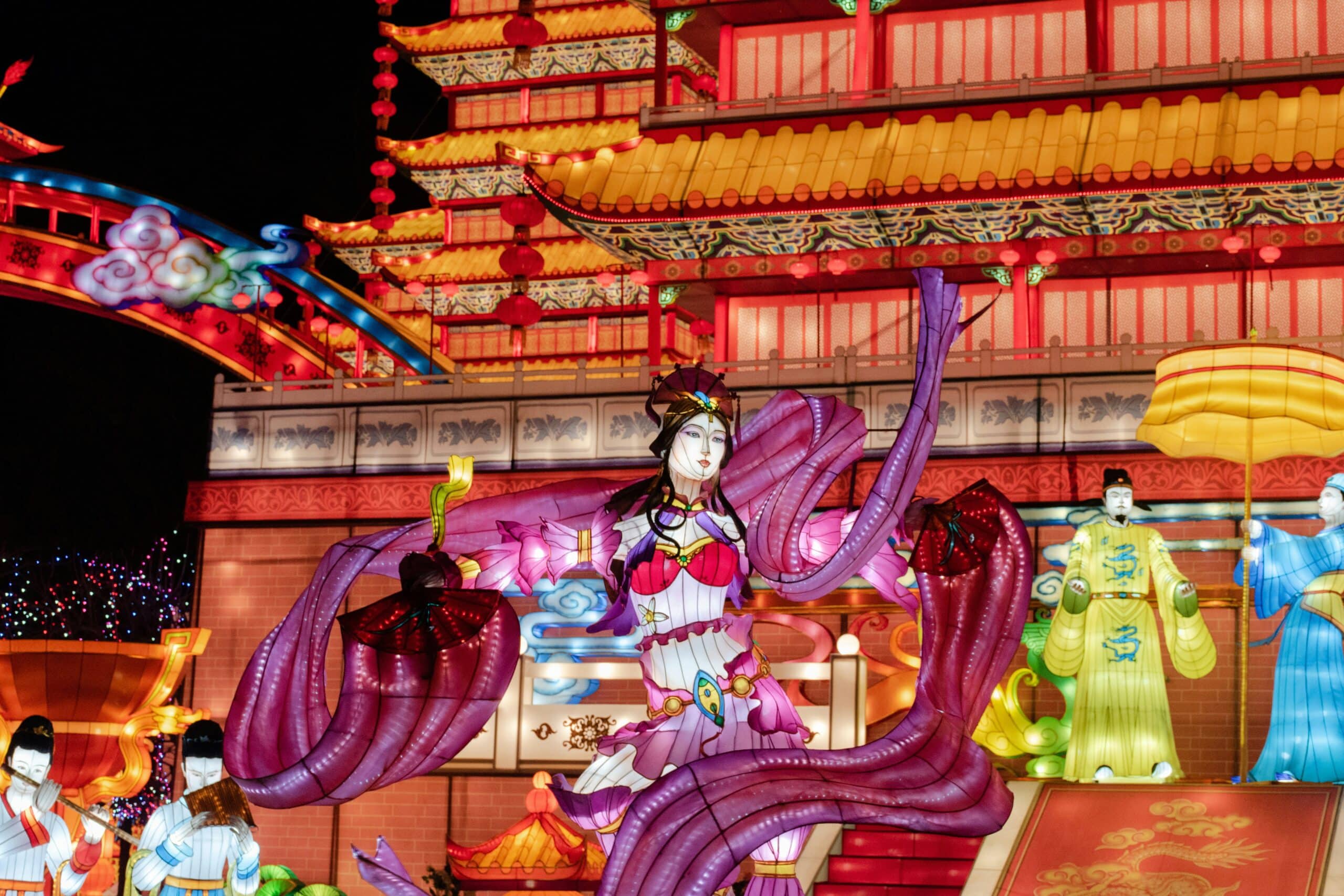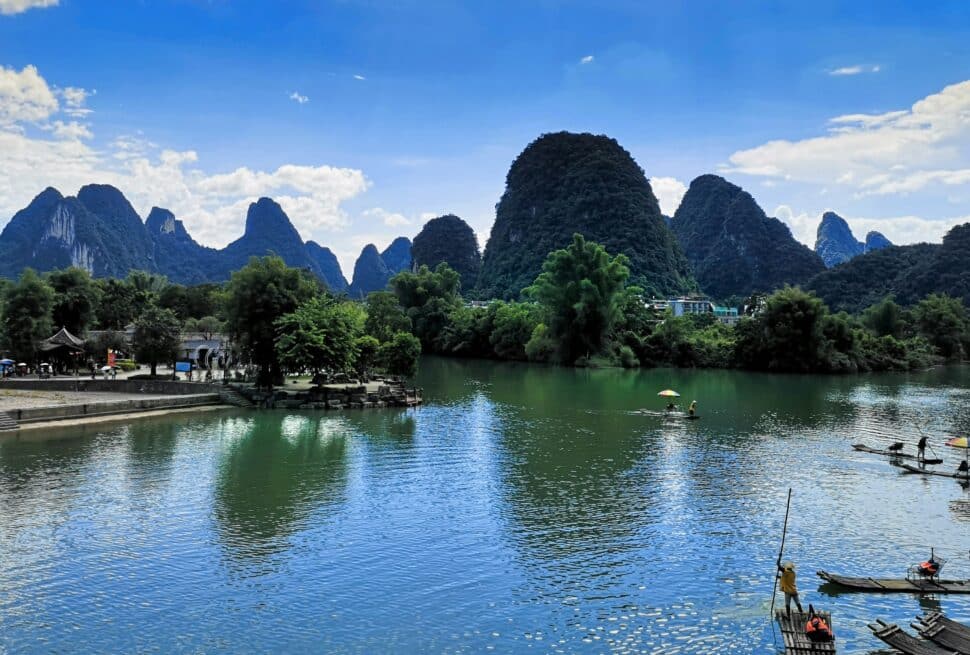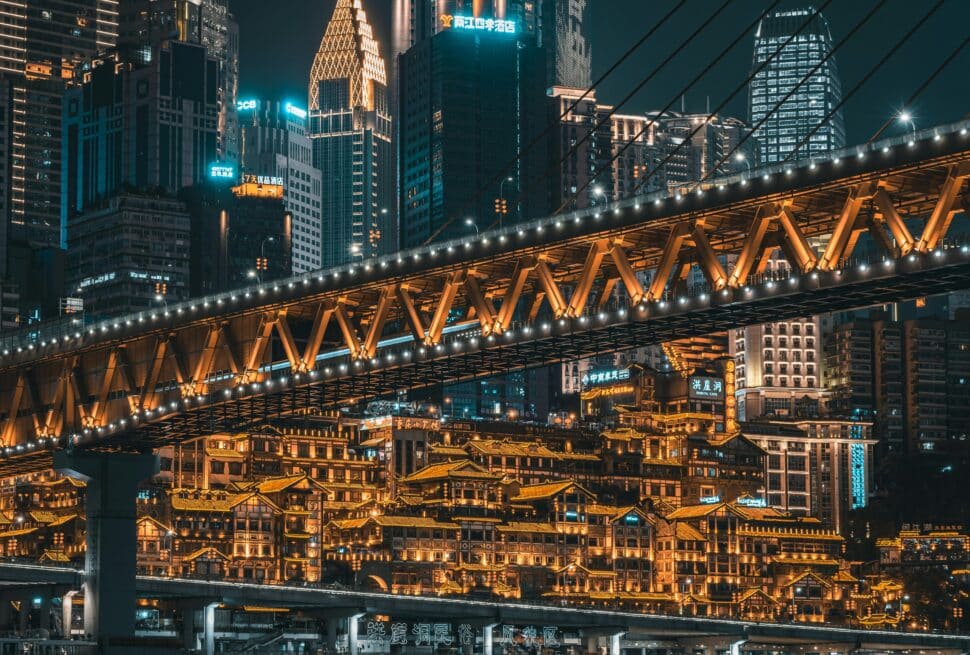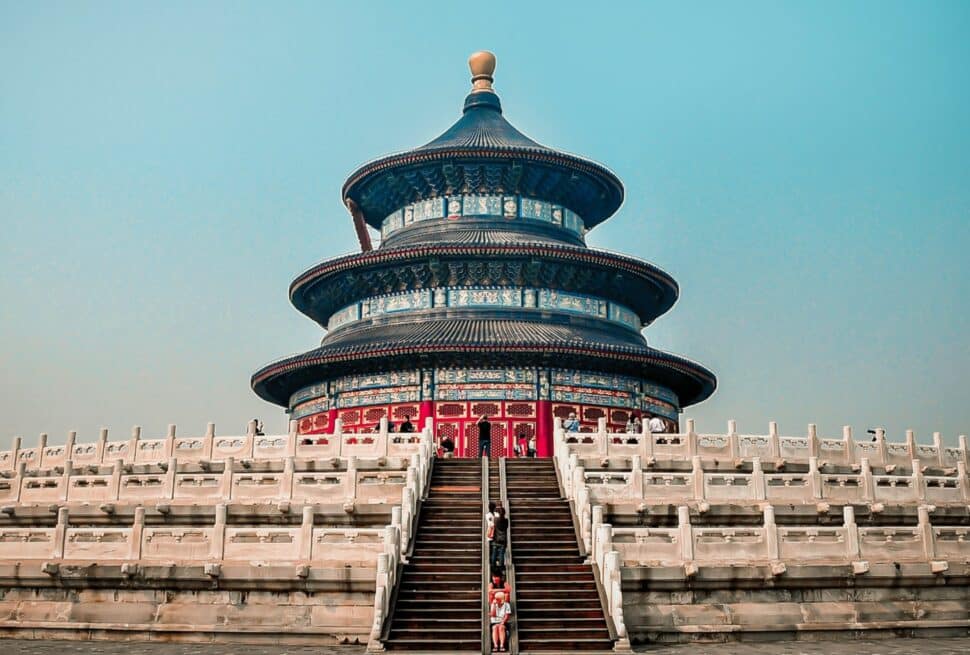Chinese New Year, also known as Spring Festival, is the biggest and most important holiday in China. Celebrated by millions across the world, this vibrant festival marks the beginning of the lunar new year with dazzling fireworks, family reunions, and centuries-old traditions. But if you’re planning to visit China during this time, there are a few things you need to know. In this guide, we’ll dive into the meaning behind Chinese New Year, its fascinating traditions, and how it impacts travel to China.
The Meaning Behind Chinese New Year
Unlike the Gregorian New Year on January 1st, Chinese New Year follows the lunar calendar, meaning the date changes each year—typically falling between late January and mid-February. Each year is associated with one of the 12 animals of the Chinese zodiac, adding an extra layer of cultural significance.
The 12 animals of the Chinese zodiac
| Zodiac Animal | Chinese Name | Recent Years |
|---|---|---|
| Rat | 鼠 (shǔ) | 1924, 1936, 1948, 1960, 1972, 1984, 1996, 2008, 2020, 2032 |
| Ox | 牛 (niú) | 1925, 1937, 1949, 1961, 1973, 1985, 1997, 2009, 2021, 2033 |
| Tiger | 虎 (hǔ) | 1926, 1938, 1950, 1962, 1974, 1986, 1998, 2010, 2022, 2034 |
| Rabbit | 兔 (tù) | 1927, 1939, 1951, 1963, 1975, 1987, 1999, 2011, 2023, 2035 |
| Dragon | 龙 (lóng) | 1928, 1940, 1952, 1964, 1976, 1988, 2000, 2012, 2024, 2036 |
| Snake | 蛇 (shé) | 1929, 1941, 1953, 1965, 1977, 1989, 2001, 2013, 2025, 2037 |
| Horse | 马 (mǎ) | 1930, 1942, 1954, 1966, 1978, 1990, 2002, 2014, 2026, 2038 |
| Sheep | 羊 (yáng) | 1931, 1943, 1955, 1967, 1979, 1991, 2003, 2015, 2027, 2039 |
| Monkey | 猴 (hóu) | 1932, 1944, 1956, 1968, 1980, 1992, 2004, 2016, 2028, 2040 |
| Rooster | 鸡 (jī) | 1933, 1945, 1957, 1969, 1981, 1993, 2005, 2017, 2029, 2041 |
| Dog | 狗 (gǒu) | 1934, 1946, 1958, 1970, 1982, 1994, 2006, 2018, 2030, 2042 |
| Pig | 猪 (zhū) | 1935, 1947, 1959, 1971, 1983, 1995, 2007, 2019, 2031, 2043 |
At its core, Chinese New Year is all about family, prosperity, and fresh beginnings. It’s a time when people travel home for large family reunions, pay respect to ancestors, and welcome a year of good fortune and happiness.
Chinese New Year Traditions You Should Know
Chinese New Year celebrations last for 15 days, culminating in the Lantern Festival. Here are some of the most iconic traditions:
- Red Envelopes (Hóngbāo) – Elders give children and younger family members red envelopes filled with money as a symbol of luck and prosperity.
- Fireworks & Firecrackers – Thought to scare away evil spirits, fireworks light up the sky across China at midnight on New Year’s Eve.
- Reunion Dinner – Families gather on New Year’s Eve for a lavish feast featuring symbolic dishes like dumplings (wealth), fish (prosperity), and glutinous rice cakes (higher achievements).
- Lion & Dragon Dances – These vibrant performances bring good luck and drive away bad fortune.
- Cleaning & Decorating – Homes are thoroughly cleaned before the new year to sweep away bad luck, and red decorations are hung for good fortune.
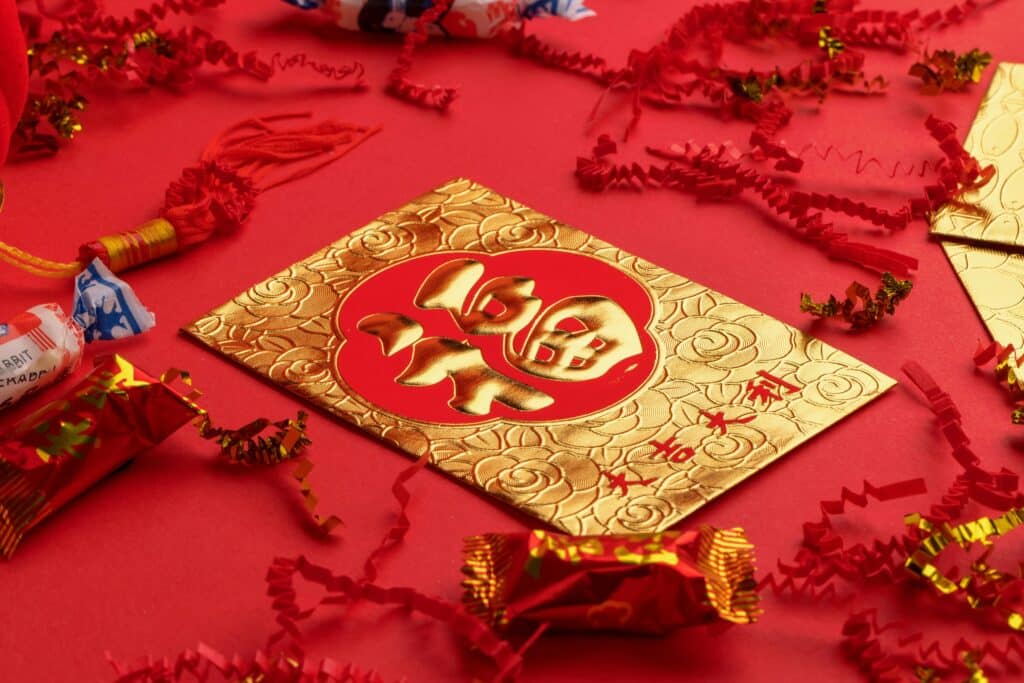
How Chinese New Year Affects Travel in China
If you’re thinking about traveling to China during Chinese New Year, here’s what you need to consider:
1. The World’s Biggest Travel Rush (Chūnyùn)
Chinese New Year triggers the largest annual human migration on Earth—known as Chūnyùn (春运). Millions of people travel across the country to reunite with their families, leading to:
- Fully booked trains and flights – Tickets for domestic travel sell out weeks in advance.
- Crowded airports, train stations, and highways – Expect long queues and potential delays.
- Higher travel costs – Prices for flights and accommodation increase significantly.
2. Business Closures & Reduced Services
Many businesses, shops, and attractions shut down or operate on reduced hours during the holiday, especially in smaller cities and rural areas. Government offices, banks, and even some restaurants may close for several days.
3. Best Places to Experience Chinese New Year as a Tourist
If you do decide to visit during the festivities, here are some of the best places to fully experience the celebrations:
- Beijing – Witness the Temple Fairs with cultural performances and traditional street food.
- Shanghai – Enjoy stunning fireworks displays and festive markets.
- Hong Kong – Experience the city’s famous New Year Parade and horse racing events.
- Guangzhou – Visit the massive flower markets, a unique tradition in southern China.
Tips for Traveling to China During Chinese New Year
- Book everything in advance – Flights, hotels, and train tickets sell out quickly.
- Avoid peak travel days – The busiest travel days are just before and after the holiday.
- Plan your itinerary carefully – Some attractions may be closed, so check in advance.
- Embrace the celebrations! – Participate in local festivities and experience the magic of Spring Festival firsthand.
Final Thoughts
Chinese New Year is a spectacular time to be in China, offering a unique cultural experience filled with rich traditions and lively celebrations. However, the travel rush and business closures can make logistics challenging. Whether you decide to join the festivities or visit at a quieter time, Next Level China can help you plan the perfect trip tailored to your needs.
Want to explore China your way? Let’s start planning your journey! Click here to get started!

